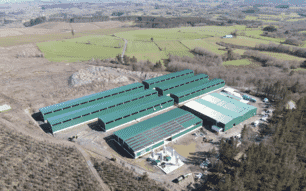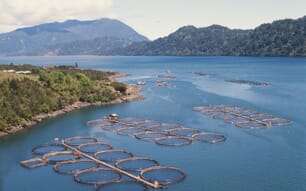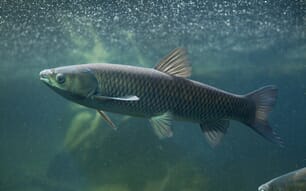"We have now had the additional test results from the University of Arizona Aquaculture Pathology Lab," said ProChaete CEO OddGeir Oddsen, "and I’m delighted to report that EMS was not detected in any of the samples tested."
Research has shown that polychaetes offer many advantages to growers. They provide a highly valuable protein source, as good as if not better than fish meal. They have a good fatty acid profile, and contain factors which are important for the maturation process in many farmed species, addressing the fact that farmed seafood does not get access to the bromophenols found in the diets of wild species. Tasting panels also preferred fish fed with ProChaete feed.
The marine worms farmed by ProChaete have also been tested to show freedom from the seven shrimp viruses on the OIE list.
ProChaete can offer SPF (Specific Pathogen Free) product for all stages of shrimp production from broodstock and first-feeding larvae through to grow-out feeds, in a variety of formats and pack sizes.
ProChaete, a member of the Seafresh Industry Group, was set up last year to fill a gap in the feed market. The company farms polychaetes (marine worms) in Wales and processes them in its custom-built feed plant, also in Wales.
The company also aims to serve the market for finfish feed to help fulfil the need for ‘greener’ solutions.




